ArticlesPaula E. Kirman
Paula E. Kirman is a writer, editor, photographer, and filmmaker. She lives in Edmonton where she edits community publications and is a singer/songwriter. She is also a community organizer and has been known to drink too much coffee. Her website is wordspicturesmusic.com.
-
 Fiction
FictionFresh, original approach key to tackling terrorist stereotypes, political topics in novel
Jameela Green’s big wish in life is to see her memoir on the bestseller list of the New York Times. However, it didn’t seem to be happening. When Jameela seeks spiritual guidance at her local mosque, the new imam (and recent immigrant) Ibrahim Sultan is disturbed by how shallow Jameela appears, and will assist her on one condition: Jameela must perform a good deed. -
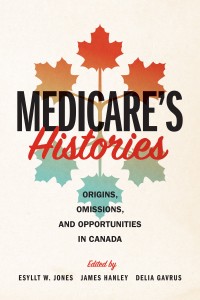 Non-Fiction
Non-FictionCritical look at medicare reflects 100-year-old and contemporary Canadian conversations
Medicare, the publicly funded social program for which Canada is arguably best known, is entering its second half-century, and its cracks are showing. Medicare works differently in the country’s diverse communities, with social inequities and inadequacies becoming clear, particularly during the COVID-19 pandemic. -
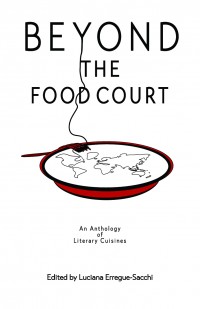 Non-Fiction
Non-FictionEssay collection explores food as metaphor for concerns both intimate and broad
Beyond the Food Court: An Anthology of Literary Cuisines is a collection of creative non-fiction essays from 14 writers from various places throughout the world who now call Canada home. In these essays, they explore their experiences of food and words. -
 Online Exclusives
Online ExclusivesRead Alberta website hopes to serve as hub for province’s book community
The launch of Read Alberta is a reason for Alberta’s book community to celebrate. Not only does the website feature Alberta books, but it is also a hub to connect the Alberta book community as a whole: readers, authors, publishers, booksellers, libraries, events, and festivals. -
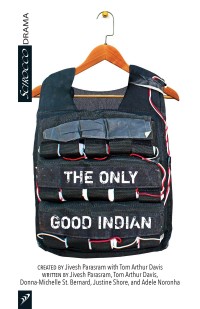 Drama
DramaPlays offer prompt for artists and audiences to consider colonization and occupation
What would it be like to get into the headspace of a suicide bomber? The play The Only Good Indian gives artists the opportunity to find out. For each performance, a different artist straps themself into a suicide vest and then tries to justify carrying out such an extreme action. -
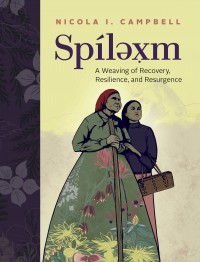 Non-Fiction
Non-FictionMemoir an ode to Indigenous Elders, with hope for helping others to heal
Nicola I. Campbell, a Nłeʔkepmx, Syilx, and Métis writer from British Columbia, has written a powerful memoir, Spíləxm: A Weaving of Recovery, Resilience, Resurgence. The book combines prose and poetry to tell her journey of overcoming adversity and colonial trauma, while finding strength through traditional perspectives of healing and transformation. -
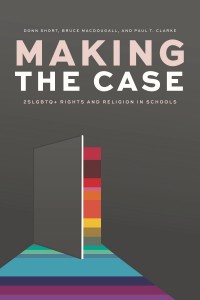 Non-Fiction
Non-FictionAuthors make case for schools to be as inclusive as possible for 2SLGBTQ+ students
The school environment can be difficult to navigate for any young person. Students who are 2SLGBTQ+ are especially challenged when the expression of their sexuality or gender is perceived as a threat to a school’s values. How Canadian law responds to the “competing human rights claims” of people asserting sexual minority rights and those asserting religious rights is explored in Making the Case: 2SLGBTQ+ Rights and Religion in Schools. -
 Features
FeaturesStorytelling insights pair with tales from Elders in prolific writer’s first non-fiction book
Storytelling has the power to bring people together – even during a time of isolation. In Gather: Richard Van Camp on Storytelling, author Richard Van Camp shares his vast knowledge – components of a compelling story, storytelling techniques, and the impact storytelling can have in building community. -
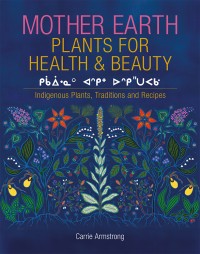 Features
FeaturesMedicine Wheel teachings from workshops, business come together into a book
Carrie Armstrong, a Cree entrepreneur and now author, presents her grandmother’s teachings related to the Medicine Wheel in Mother Earth Plants for Health and Beauty: Indigenous Plants, Traditions and Recipes. -
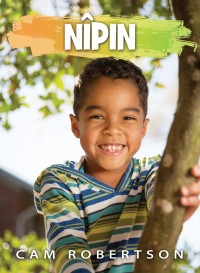 Features
FeaturesCree language book a resource for both teachers, parents to learn syllabics
Teaching a language to children is a way of transmitting culture to the next generation. Cam Robertson’s book Nîpin, which means “It is summer,” introduces Cree phrases about summer to children from ages five to 10.









